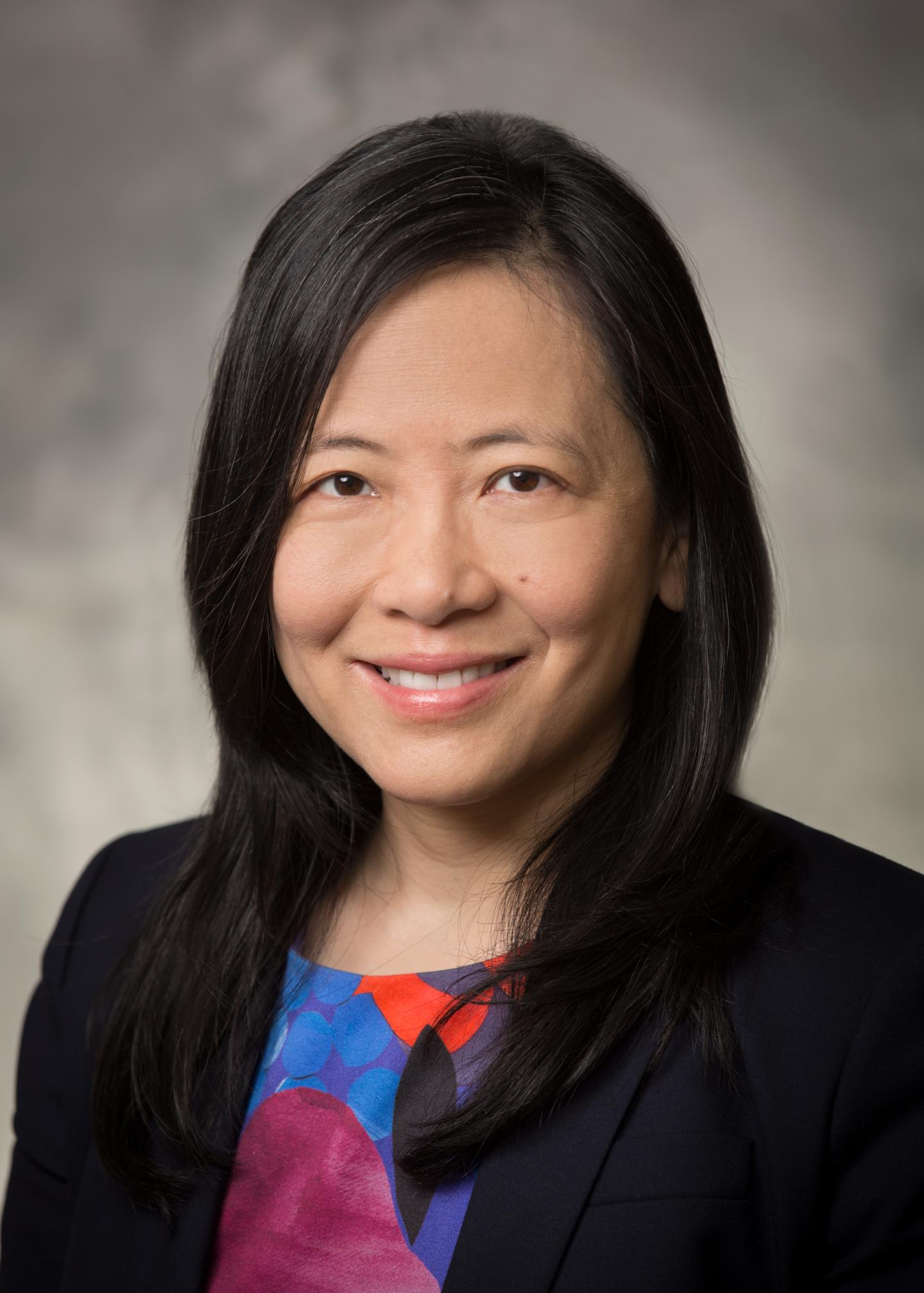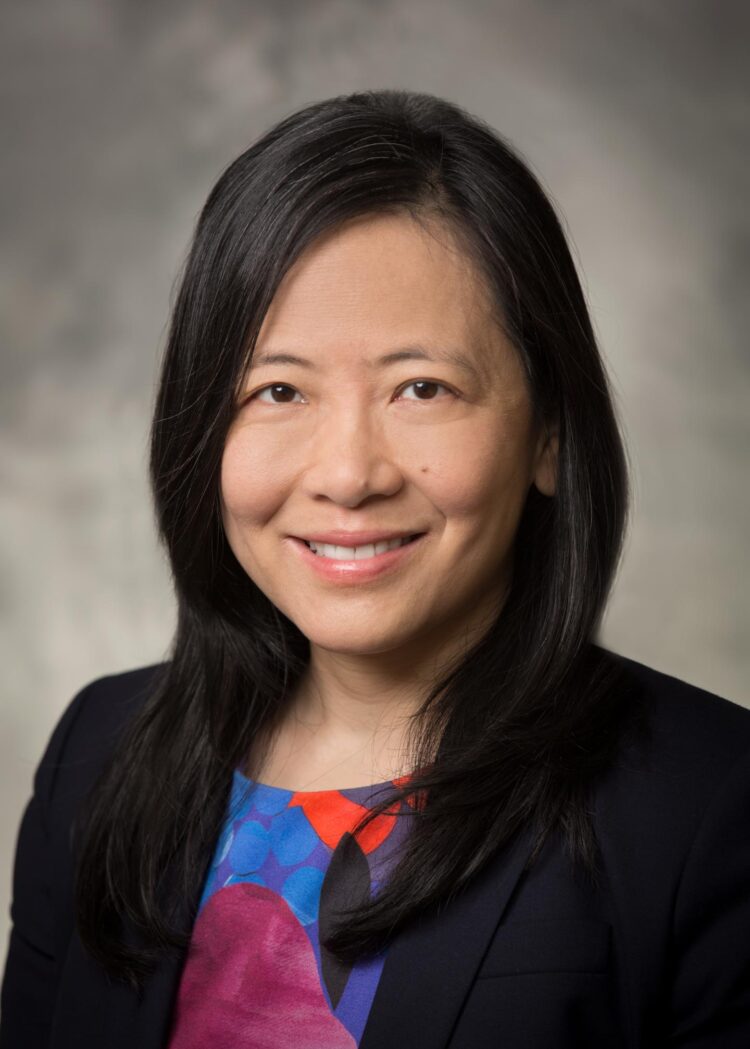
Credit: Yale Cancer Center
In a new study led by Yale Cancer Center, researchers demonstrate sex hormones and insulin growth factors are associated with recurrence risk of endometrial cancer. The findings suggest endocrine-targeted therapies and an assessment of biomarkers in hormone and insulin signaling pathways may be useful in the prevention and treatment of endometrial cancer recurrence. The study is a collaboration with researchers at the University of Hawaii and The International Agency for Research on Cancer (IARC) and is published online today in the journal Cancer Epidemiology Biomarkers and Prevention.
“These findings are very encouraging,” said Gloria Huang, MD, Associate Professor of Obstetrics, Gynecology & Reproductive Sciences at Yale School of Medicine, gynecologic oncologist at the Smilow Cancer Hospital Care Center in Greenwich, CT, and co-senior author of the study. “Women who are diagnosed with more advanced stages of endometrial cancer have a substantially higher risk of recurrence and death.”
About 67,000 new cases of endometrial cancer are diagnosed every year in the United States. The disease starts when cells in the endometrium, the inner lining of the uterus, begin to grow out of control.
Researchers analyzed blood serum and endometrial tumor samples from several hundred women who participated in Gynecologic Oncology Group (GOG)-0210, a multi-institutional cooperative group study which prospectively followed women for up to 10 years following their initial surgical treatment for endometrial cancer. The focus was on women with the most common type of endometrial cancer, endometrioid adenocarcinoma, who were at risk for recurrence due to higher stage at presentation (Stages II to IV).
Study results showed a recurrence in 280 patients (34%) during a median of 4.6 years of follow-up. Estrogen-receptor positivity, insulin receptor positivity, and circulating insulin-like growth factor-I were inversely associated with recurrence risk.
Circulating estradiol hormone and positivity for phosphorylated IGF1R/IR (pIGF1R/pIR), the activated form of cellular receptors for insulin-like growth factors and insulin were associated with increased recurrence risk.
“Moving forward, we’ve begun a multi-center trial, which is currently open and enrolling patients at sites nationwide to evaluate the efficacy of a combination endocrine therapy for treating endometrial cancer recurrence,” said Huang. “The therapy combines two oral medications to simultaneously block the endocrine pathways identified in this study. We hope that this research serves as the gateway to more effective and less toxic treatment options for women with advanced stage or recurrent endometrial cancer.”
###
Lead author of the study was Melissa A. Merritt, PhD. Marc J. Gunter, PhD, was co-senior author.
The study was funded by the National Cancer Institute at the National Institutes of Health.
About Yale Cancer Center and Smilow Cancer Hospital
Yale Cancer Center (YCC) is one of only 51 National Cancer Institute-designated comprehensive cancer centers in the nation and the only such center in Connecticut. Cancer treatment for patients is available at Smilow Cancer Hospital through 13 multidisciplinary teams and at 15 Smilow Cancer Hospital Care Centers in Connecticut and Rhode Island. Comprehensive cancer centers play a vital role in the advancement of the NCI’s goal of reducing morbidity and mortality from cancer through scientific research, cancer prevention, and innovative cancer treatment.
Media Contact
Anne Doerr
[email protected]





